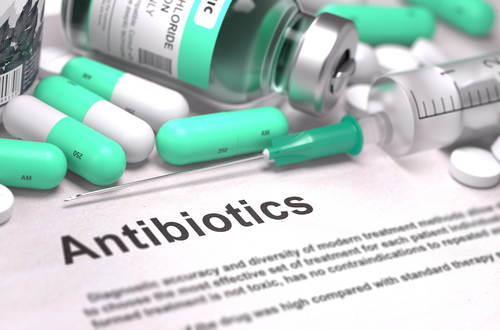Surprising Facts About Probiotics You Should Know
Everything You Need To Know About Probiotics - Page 3
Share the post
Share this link via
Or copy link
Probiotics don’t quite have the reputation they deserve…yet. As of now, they’re probably something you see as optional–kind of like taking vitamins, exercising a little more, and cutting out red meat. But we should actually look at probiotics as mandatory. They aren’t just foreign substances we can add to our body if we want. Probiotics occur naturally in the body, but many of the foods we drink deplete our natural levels of them. You may wonder why people thousands of years ago didn’t have to take probiotics. Well, A) They didn’t have Whole Foods so, they couldn’t and B) They didn’t eat food that had been so highly processed that it disrupted the balance of their delicate digestive systems. More than ever, today we need to take probiotics. So if you want to know more about these little live bacteria nutritionists rave about, here are surprising facts about probiotics.
Shutterstock
They’re not where you expect

Shutterstock
They fight more than constipation

Shutterstock
In fact, they make up most of your immune system
Probiotics play a large role in the production of T-cells, which are very important to the immune system.
They can fight herpes
Love MadameNoire? Get more! Join the MadameNoire Newsletter
We care about your data. See our privacy policy.
They’re anti-cancer

Image Source: Shutterstock
They outnumber our cells

Their special relationship with the appendix
They can prevent asthma
They can fight depression and anxiety

Shutterstock
They’re good for your skin
Burn victims should take them
They help you absorb…everything

Image Source: Shutterstock
They can fight what antibiotics can’t
Corbis
There are over 400 kinds

Shutterstock
Mothers give their newborn babies probiotics
-

She Tried It: Inahsi Naturals Aloe Hibiscus Leave-In Conditioner & Detangler
-

Meet Dominique Fils-Aimé, The Haitian-Canadian Star Redefining Jazz For A New Generation: ‘This is My Vision' [Exclusive]
-

Cooking With Purpose — How Brittney Williams Honors Her Caribbean Roots Through Food
-

8 Famous Lesbian Women Who Were Married To Men





